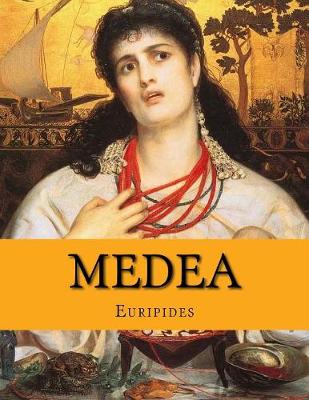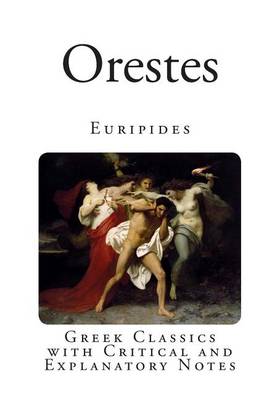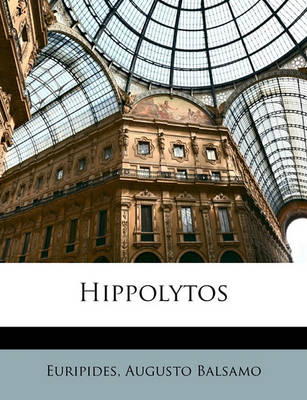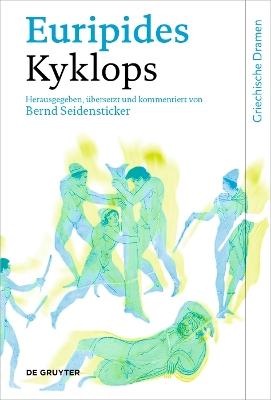Griechische Dramen
5 total works
" 'What I intend to do is wrong, but the rage of my heart is stronger than my reason - that is the cause of all men's foulest crimes.' Medea is the archetypal wronged woman driven to despair. When uncontrollable anger is unleashed, the obsessed mind's capacity for revenge knows no bounds. Introduction by Nicholas Dromgoole"
Celebrated for its dramatic ingenuity, Euripides's earlier version of the myth that Aeschylus made famous has not been revised in English since 1895. Popular in antiquity and important in the development of classical Greek tragedy, this play is now offered in an expanded edition, which includes a detailed discussion of lyric meter and a consideration of many textual changes.
The story of a futile quest for knowledge, this ancient anti-war drama is one of the neglected plays within the corpus of Greek tragedy. Euripides' shortest tragic work, Rhesos is unique in lacking a prologue, provoking some scholars to the conclusion that the beginning of the play has been lost.
In this exciting translation, Rhesos is no longer treated as a derivative Euripidean work, but rather as the tightly-knit tragedy of knowledge it really is. A drama in which profound problems of fate and free will come alive, Rhesos is also an exploration of the perversion of values that come as the result of war. Charged with a striking immediacy, this play is contemporary in the questions it raises, and eternal in its quest for truth.
In this exciting translation, Rhesos is no longer treated as a derivative Euripidean work, but rather as the tightly-knit tragedy of knowledge it really is. A drama in which profound problems of fate and free will come alive, Rhesos is also an exploration of the perversion of values that come as the result of war. Charged with a striking immediacy, this play is contemporary in the questions it raises, and eternal in its quest for truth.
Euripides' Hippolytos tells of an honourable youth's tragic death, contrived by his father in the false belief that his son had seduced his new wife. This edition of the play is intended for students and scholars alike. The detailed commentary deals with textual problems in full, but wherever possible the editor has sought to explain the text adopted before discussing the reasons for its adoption. It also includes a close analysis of the lyric metres, and
discussion of the play's subject-matter and dramatic context.
The text is based on new collations of the medieval manuscripts (two of them hitherto uncollated) and on all known papyri. The Introduction contains a reappraisal, in the light of the evidence of the papyri, of the history of the text in antiquity, and advances a new account of the relationship between the medieval manuscripts. There is also a full discussion of the early history of the legend and of the two lost tragedies on the same theme.
discussion of the play's subject-matter and dramatic context.
The text is based on new collations of the medieval manuscripts (two of them hitherto uncollated) and on all known papyri. The Introduction contains a reappraisal, in the light of the evidence of the papyri, of the history of the text in antiquity, and advances a new account of the relationship between the medieval manuscripts. There is also a full discussion of the early history of the legend and of the two lost tragedies on the same theme.




